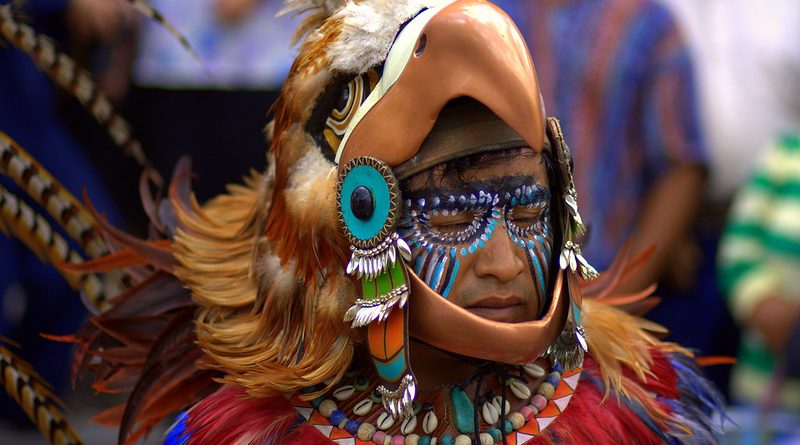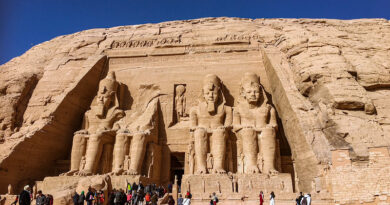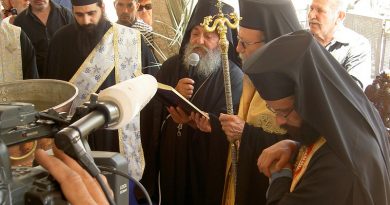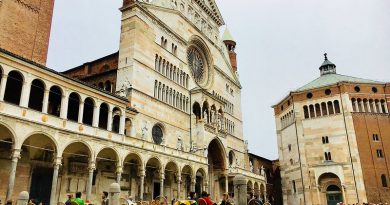The Fiesta of San Miguel, Bolivia
Festival Essentials
Where: Uncia, Potosi district, Bolivia
When: September 29th
What’s it about: Celebrates the fire breathing town patron, with traditional dances, processions and beer and ice-cream!
Watch out for: Traditional Tinku festivals often result in violence, bloodshed and sometimes death and is considered an honourable act by local Indians as it is a symbol that the upcoming harvest will be bountiful!
The Spirit of Fiesta
Bolivia, in true Latino style, is renowned for its fiesta loving spirit. There seem to be fiestas for any occasion possible, from religious, historical or political events. Each festival, which can often last up to two weeks, involves an amalgamation of dancing, processions, music and even the occasional bullfight or horse race; a frantic centre of activity helped by a more than abundant consumption of alcohol!
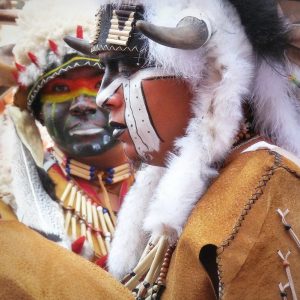 San Miguel Festival
San Miguel Festival
In the district of mine town Potosi is the small town of Uncia which is a great place to visit at festival time. The September 29th festival of fiesta of San Miguel celebrates the town’s patron saint. The mixture of religion and folklore is a celebrations of the success of San Miguel’s protection over Uncia in the form of breathing fire at any devil attempting to attack the town. There are 36 different groups who follow the local dignitaries in the procession through the town, each one performing a different traditional dance. They drink beer and eat ice-cream.
Central to the day is the key dance, re-enacting the battle between good and evil, i.e. between the arch angel and the devil. However, the most interesting and unfamiliar performance is the ‘Tinku‘, not only a dance but also a fighting style.
Tinku Dances
‘El Tinku’ means a meeting or encounter and is an ancient fighting ritual where fighters swing their arms to punch. This ritual and its blood spilling is condemned by the government and the church, yet within the Indian culture in accordance with ancient belief it continues to honour Pachamama (Mother Earth ) at local fiestas and other occasions.
The Tinku can involve the whole family. At the beginning, with a shaking of hands and a referee in place, both players, who wear Spanish Conquistador-style hats, begin to fight by adhering to a set of customary rules. However, once the fighting has really got under way, amid the chaos, the referees – and the policemen who arrive with whips – seem useless; the fights have often been known to result in a couple of deaths. Although mourned, death through El Tinku is also celebrated as the ultimate offering and can be seen as a guarantee for an exceptionally good harvest.

